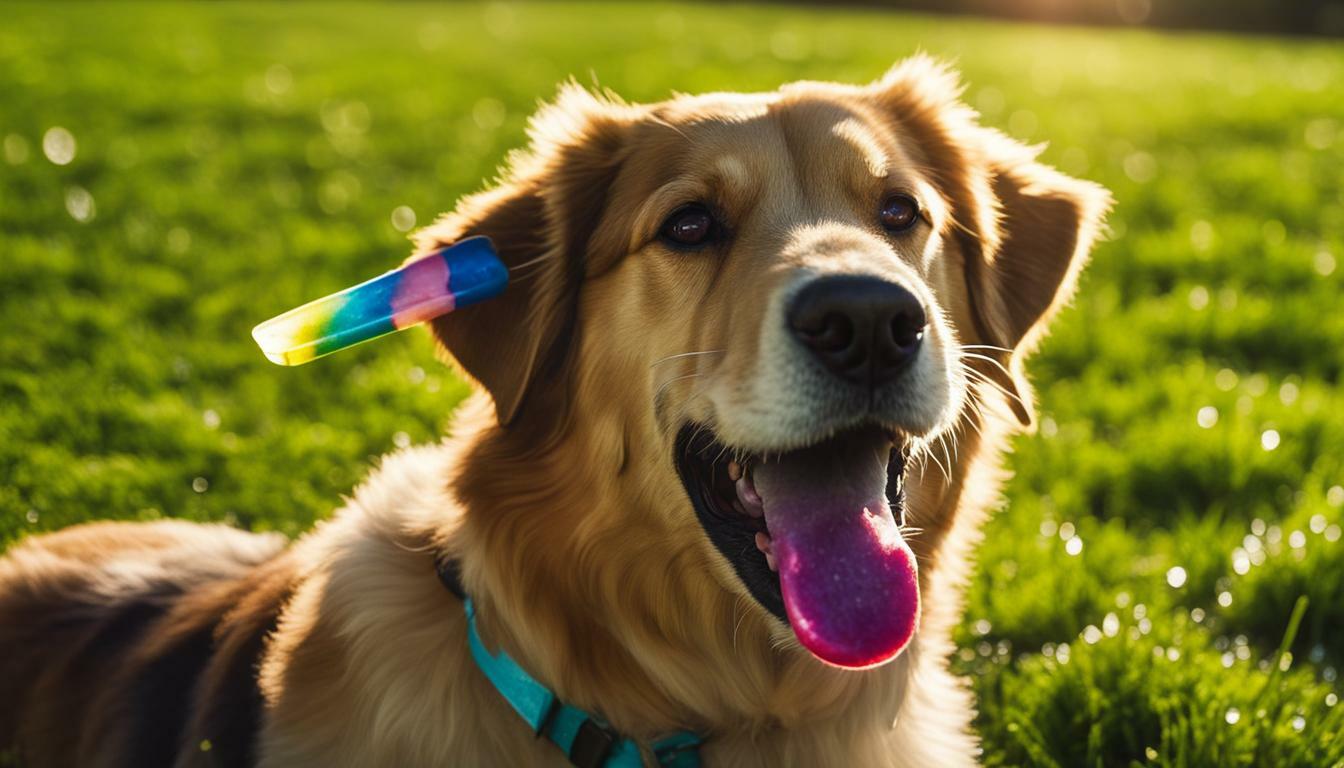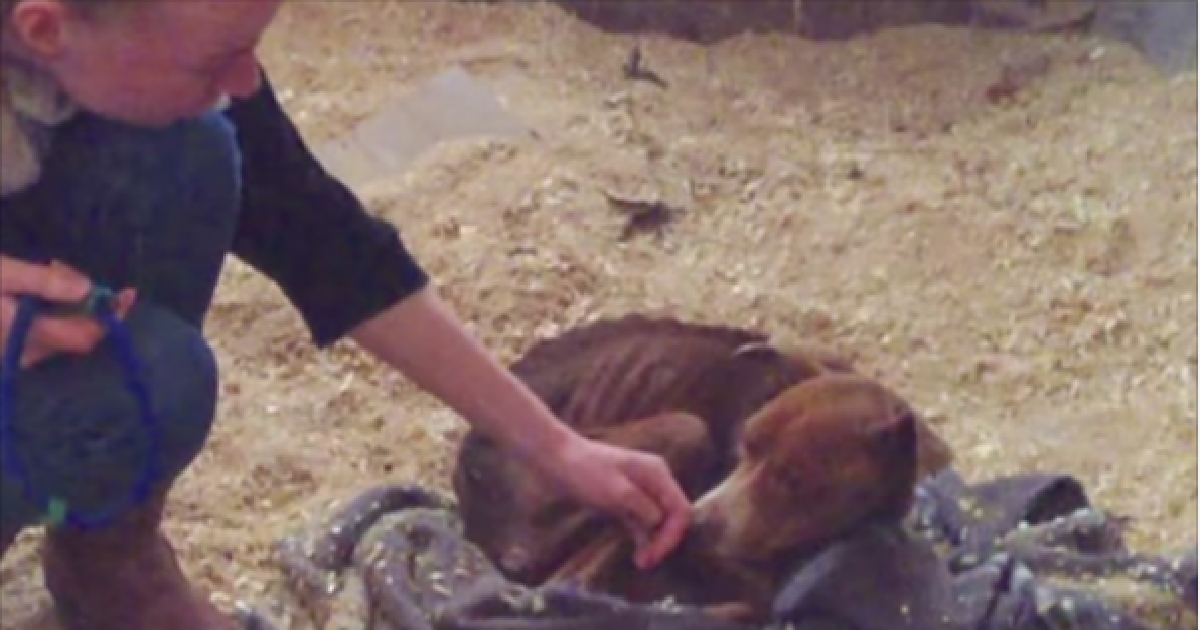When it comes to intelligence, Lhasa Apsos are often praised for their cleverness and adaptability. These small dogs may be pint-sized, standing just 9 to 11 inches tall and weighing between 13 to 18 pounds, but they possess a surprising level of intelligence and unique breed traits that set them apart.
Lhasa Apsos have a long lifespan, typically living 12 to 18 years. During their years, they showcase their independent, loyal, and playful nature. However, it is essential to note that they can also be stubborn, which means consistent training is necessary to bring out the best in them. Early socialization is crucial in shaping their behavior, ensuring they are well-behaved and friendly towards both humans and other animals.
Are Lhasa Apsos Smart Dogs?
- Lhasa Apsos are known for their intelligence and adaptive nature.
- They are independent, loyal, and playful dogs.
- Consistent training is required to manage their stubbornness.
- Early socialization helps shape their behavior and interactions.
- Their unique breed traits make them popular companions.
Lhasa Apso Personality and Temperament
Lhasa Apsos have a distinctive personality and temperament. They are affectionate and loyal to their family but can be aloof with strangers. They are intelligent dogs but can be stubborn and independent, requiring patient and firm training. Lhasa Apsos make excellent watchdogs with a sharp alarm bark. However, they may not always get along well with other dogs, so early socialization is crucial. Some Lhasa Apsos have a suspicious nature and may exhibit snippiness. Overall, they are lively, playful, and can bring joy to their families.
Here are some key temperament traits and breed characteristics of Lhasa Apsos:
| Temperament Traits | Breed Characteristics |
|---|---|
| • Affectionate | • Independent |
| • Loyal | • Intelligent |
| • Aloof with strangers | • Stubborn |
| • Sharp alarm bark | • Independent |
| • Suspicious nature | • Requires patient and firm training |
Affectionate and Loyal
Lhasa Apsos form strong bonds with their families and are known for their affectionate nature. They thrive on companionship and enjoy spending time with their loved ones. They are loyal and protective, making them excellent companions and watchdogs.
Aloof with Strangers
Lhasa Apsos can be reserved and aloof when encountering strangers. This natural wariness stems from their protective instincts and can manifest as cautious behavior. Proper socialization from an early age can help them become more comfortable around new people.
Intelligent and Independent
Lhasa Apsos are intelligent dogs that can quickly pick up new commands and tricks. However, their independence can sometimes make training a challenge. They require patient and firm guidance to overcome their stubbornness and ensure they follow commands consistently.
Sharp Alarm Bark
Lhasa Apsos have a sharp and distinctive alarm bark. This keen sense of hearing and vocalization make them excellent watchdogs, alerting their families to any potential threats or intruders.
Suspicious Nature
Some Lhasa Apsos have a more suspicious nature, which can manifest as wariness or caution towards unfamiliar people or situations. Early socialization and positive experiences can help them develop a confident and well-adjusted demeanor.
Despite their independent streak and occasional snippiness, Lhasa Apsos are lively, playful, and bring immense joy to their families. With proper training and socialization, they can thrive in various environments and make loving companions.
Lhasa Apso Size and Appearance
When it comes to size, Lhasa Apsos are considered small dogs. Standing between 9 and 11 inches tall at the shoulder, they have a compact yet sturdy build. Despite their small stature, they defy the stereotype of being a “sissy” dog with their substantial appearance.
On average, Lhasa Apsos weigh between 13 and 18 pounds, making them an ideal choice for individuals or families looking for a smaller companion. Their size makes them suitable for apartment living or homes with limited space.
One of the most striking features of Lhasa Apsos is their long, double coat. This luxurious coat comes in various colors, ranging from gold, white, and cream to black, gray, and brown. It requires regular grooming to prevent matting, but some owners choose to have their Lhasa Apsos’ coats clipped short for easier maintenance.
Lhasa Apso Size and Weight
| Size | Height | Weight |
|---|---|---|
| Small | 9-11 inches at the shoulder | 13-18 pounds |
Despite their small size, Lhasa Apsos have a distinctive presence. Their long back, deep chest, and well-muscled body give them an elegant appearance. Additionally, they boast floppy ears that frame their cute, expressive faces.
Now, let’s take a moment to appreciate the adorable Lhasa Apso with a photo:

As you can see, this Lhasa Apso exemplifies the breed’s unique appearance, showcasing their beautiful coat and alert expression.
In the next section, we’ll delve into the exercise and care needs of Lhasa Apsos, ensuring they lead happy and healthy lives.
Lhasa Apso Exercise and Care
When it comes to Lhasa Apso exercise, these dogs have relatively low exercise needs. A few short walks or play sessions throughout the day are usually enough to keep them content and physically stimulated. However, it’s important to note that Lhasa Apsos still require mental stimulation and social interaction to thrive.
Proper socialization is crucial for Lhasa Apsos. They should be introduced to different people, animals, and environments from a young age to ensure they are well-adjusted and friendly.
In terms of grooming, the Lhasa Apso’s long coat requires regular care to prevent matting and keep it looking its best. Daily brushing is recommended, and some owners opt for professional grooming to maintain the coat’s health and appearance. Clipping the coat short is also an option for easier maintenance, especially if the dog is not participating in show competitions.
It’s essential to monitor the Lhasa Apso’s diet and avoid overfeeding, as these dogs have a tendency to gain weight easily. Maintaining a healthy weight is important for their overall well-being and energy levels.
Training Lhasa Apsos can be challenging due to their intelligence and stubbornness. Consistency, patience, and positive reinforcement methods are key when working with this breed. With the right approach, Lhasa Apsos can be taught various commands and behaviors.
Finding the Right Balance
While Lhasa Apsos may not require vigorous exercise, it’s crucial to strike a balance between providing them with adequate physical activity and mental stimulation. Engaging in interactive play sessions, puzzle toys, and training exercises can help meet their intellectual needs and provide a healthy outlet for their energy.
Taking Care of Your Lhasa Apso
- Give your Lhasa Apso daily exercise in the form of short walks or play sessions.
- Socialize your Lhasa Apso from a young age to ensure they are well-behaved and friendly with people and other animals.
- Regularly groom your Lhasa Apso’s coat to prevent matting and maintain its health and appearance.
- Monitor their diet and prevent overfeeding to avoid weight gain.
- Provide consistent and patient training to overcome their stubbornness and develop good behaviors.
By understanding and meeting the unique exercise and care needs of Lhasa Apsos, you can ensure that these delightful companions live happy, healthy, and fulfilling lives.
Lhasa Apso History and Origins
The Lhasa Apso is an ancient breed that originated in Tibet. This small but mighty dog has a fascinating history and deep roots in Tibetan culture and heritage.
The Lhasa Apso’s origins can be traced back to the Tibetan terrier and other herding-type Tibetan dogs. These dogs were bred and cherished by the people of Tibet, particularly in monasteries and palaces, where they served as loyal companions and guardians.
The Lhasa Apso’s name itself holds significance. “Lhasa” refers to the capital city of Tibet, and “Apso” translates to “Bark Lion Sentinel Dog” in Tibetan. This name highlights their historical role as protectors and watchful sentinels.
Throughout history, Lhasa Apsos were highly regarded and esteemed for their watchdog capabilities. They were tasked with alerting their human companions to any potential dangers or intruders, using their sharp senses and distinctive alarm bark.
The influence of the Lhasa Apso extends beyond its role as a guardian breed. Lhasa Apsos were also instrumental in the development of other breeds, such as the Shih Tzu and Pekingese. Through careful breeding and selection, breeders sought to create dogs with similar qualities and characteristics to the Lhasa Apso.
Today, the Lhasa Apso’s heritage and historical significance still shine through. These resilient and charming dogs continue to showcase the traits and temperament that have been cherished for centuries.

Lhasa Apso Origins Table
| Origin | Significance |
|---|---|
| Tibet | Birthplace of the Lhasa Apso breed |
| Tibetan Terrier | Contributed to the development of the Lhasa Apso |
| Tibetan Monasteries and Palaces | Valued companions and protectors |
| Lhasa Apso Name | Reflects their role as Bark Lion Sentinel Dogs |
| Influence in Other Breeds | Contributed to the development of the Shih Tzu and Pekingese |
Lhasa Apso Health Considerations
When it comes to the health of Lhasa Apsos, there’s good news: these dogs are generally healthy and have a long lifespan, typically living between 12 to 18 years. However, like any breed, they can be prone to certain health issues that owners should be aware of.
One common health concern for Lhasa Apsos is eye problems. They are susceptible to conditions such as cataracts, glaucoma, and progressive retinal atrophy. Regular veterinary check-ups and early detection can help in managing these issues and preserving your dog’s eyesight.
Allergies are another health issue that Lhasa Apsos may experience. They can develop allergies to various environmental factors, including pollen, dust mites, and certain foods. If you notice signs of allergies, such as itching, redness, or ear infections, consult with your vet for proper diagnosis and treatment.
Hip dysplasia is also a concern in Lhasa Apsos. This is a condition where the hip joint does not develop properly, leading to pain and mobility issues. While not as common as in larger breeds, it’s essential to provide proper nutrition, maintain a healthy weight, and ensure regular exercise to support your Lhasa Apso’s joint health.
Proactive care is key to ensuring the well-being of your Lhasa Apso. Regular veterinary check-ups, vaccinations, and preventive treatments for parasites are essential. Additionally, providing a nutritious diet, regular exercise, and maintaining a safe and stimulating environment are important factors in keeping your Lhasa Apso healthy and happy.
Choosing a responsible breeder who prioritizes the health and temperament of their dogs is crucial to reduce the risk of genetic health issues. Alternatively, adopting a Lhasa Apso from rescue organizations or shelters not only provides a forever home for a deserving dog but also helps to contribute to their well-being.
| Common Health Issues for Lhasa Apsos | Description |
|---|---|
| Eye problems | Cataracts, glaucoma, and progressive retinal atrophy are common eye conditions in Lhasa Apsos. |
| Allergies | Lhasa Apsos can develop allergies to various environmental factors, including pollen, dust mites, and certain foods. |
| Hip dysplasia | Although less common than in larger breeds, Lhasa Apsos can be prone to hip dysplasia, a condition affecting the hip joint. |
Conclusion
Lhasa Apsos are known for their intelligence and unique traits, making them smart and charming companions. These independent, loyal, and playful dogs bring joy and love to their families. While Lhasa Apsos can be stubborn and require consistent training, they excel as watchdogs with their sharp alarm bark.
Lhasa Apsos have a distinctive appearance with their long coat and leonine colors, adding to their charm. They have low exercise needs and should be well socialized from a young age to ensure their well-rounded behavior. With a long lifespan and generally good health, Lhasa Apsos are reliable and long-lasting companions.
Overall, Lhasa Apsos are intelligent and loving dogs that make for wonderful family pets. Their unique combination of traits, including loyalty, playfulness, and independent nature, contribute to their smart and charming personalities. Whether as a watchdog or a loving companion, the Lhasa Apso is an excellent choice for those seeking an intelligent and affectionate four-legged friend.






